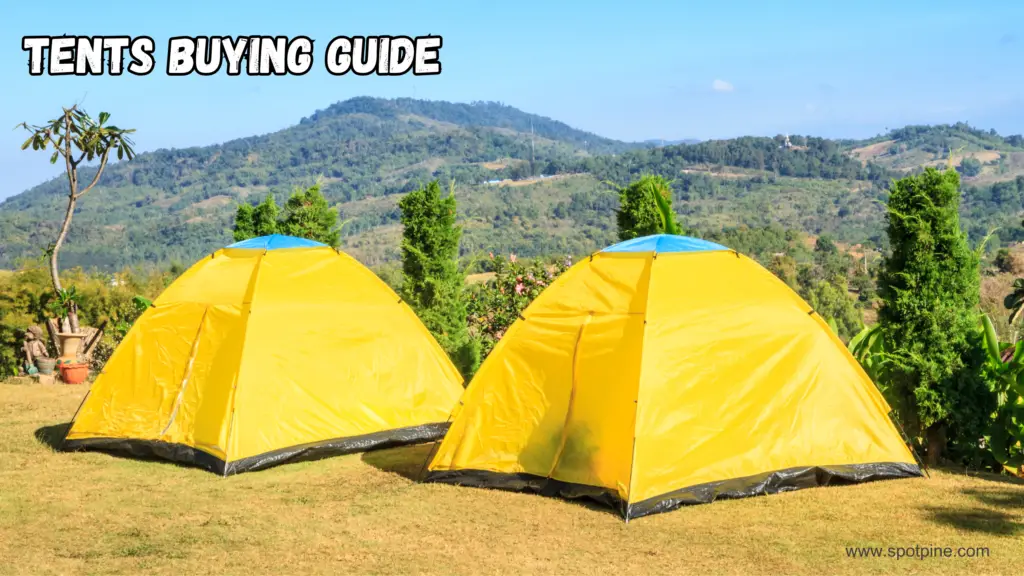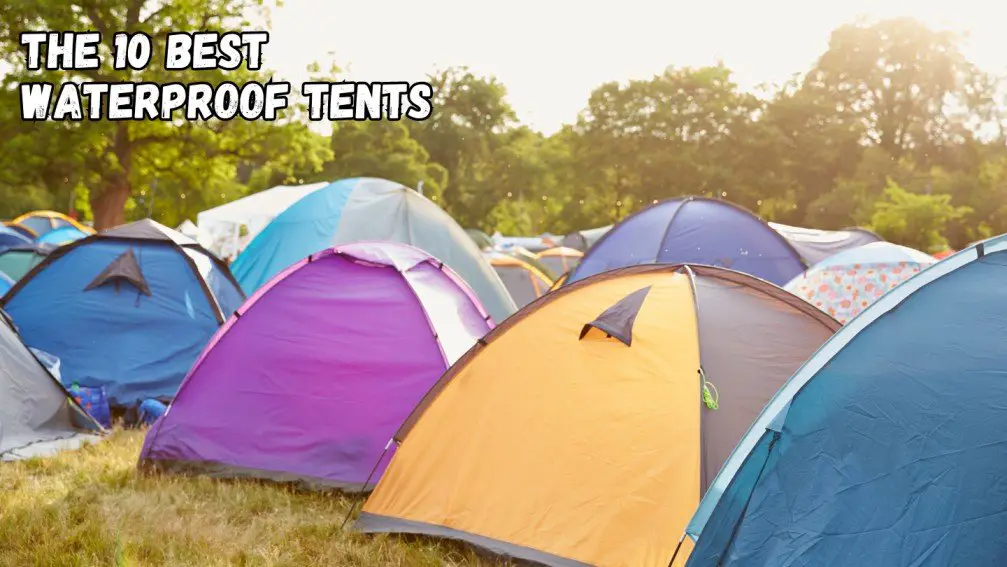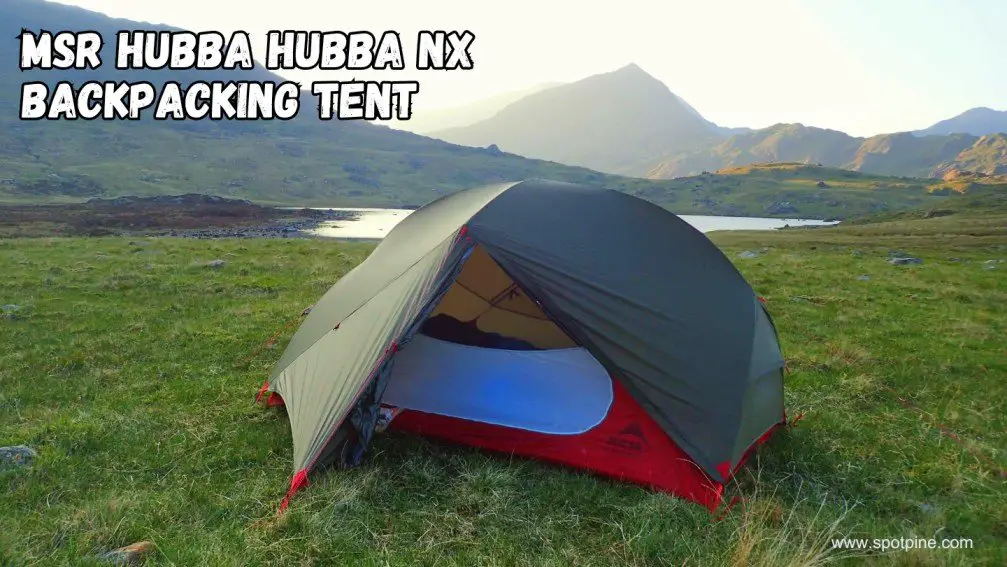Looking to buy a tent for your camping trip? Find the perfect shelter with this concise tent-buying guide.
Importance Of A Good Tent
`A good tent is crucial for a successful camping trip`.
Protection From Elements
`The primary role of a tent is to shield you from rain, wind, and sun`.
Comfort And Convenience
`A quality tent offers comfortable sleeping space & easy setup, enhancing your camping experience`.
Types Of Tents
Choosing the right type of tent is crucial for a successful camping trip. There are various options available, including dome tents, tunnel tents, and geodesic tents, each suited for different environments and activities. Consider factors like size, weight, and weather resistance when making your selection.
Dome Tents
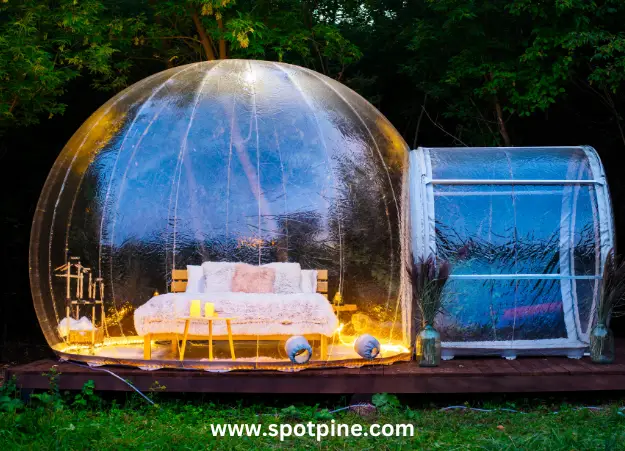
Dome tents are one of the most popular types of tents on the market today. They are known for their unique shape, which resembles a half-sphere or dome. This design not only provides excellent stability but also allows for more headroom inside the tent.
Dome tents are usually lightweight and easy to set up, making them a great choice for backpackers or campers who are constantly on the move. They are also a popular choice for families, as they come in various sizes and can accommodate multiple occupants.
| Pros | Cons |
| Stable in windy conditionsEasy to set upSpacious interior | Less headroom compared to cabin tentsNot ideal for large groups |
Cabin Tents
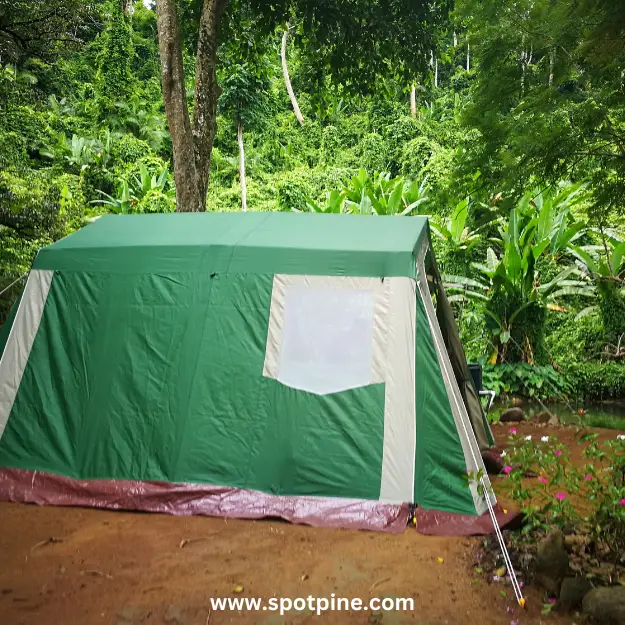
Cabin tents, as the name suggests, are designed to provide a home-like experience while camping. They are known for their vertical walls and spacious interior, which makes them perfect for family camping trips or longer stays at the campsite.
Cabin tents come in various sizes and are usually larger and heavier compared to other types of tents. They provide ample space for multiple occupants to stand or move around comfortably. Many cabin tents also come with additional features like room dividers, built-in storage pockets, and even electrical cord access.
| Pros | Cons |
| Heavier and bulkier to transport more challenging to set up | Heavier and bulkier to transportMore challenging to set up |
Backpacking Tents
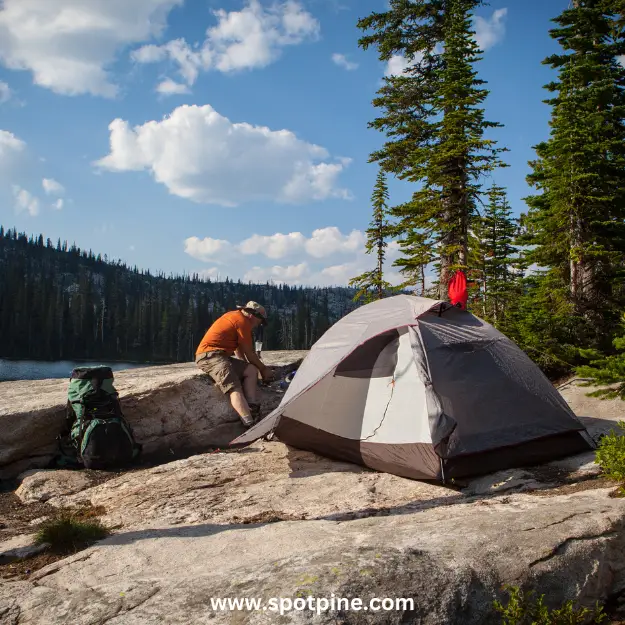
Backpacking tents are designed for, you guessed it, backpackers! These tents are lightweight, compact, and easily fit into a backpack. They prioritize portability and weight reduction, making them perfect for hikers and adventurers.
Backpacking tents come in various styles, such as single-person, two-person, or even three-person, depending on your needs. They are typically made with durable materials to withstand the rigours of the outdoors, and some models even offer ultralight options for those looking to minimize their pack weight.
| Pros | Cons |
| Lightweight and portable easy to pack and carry quick and simple setup | Limited space and headroomNot ideal for extended camping trips |
Consider your specific needs and preferences when choosing the perfect tent for your camping trip. Whether you opt for a dome tent, cabin tent, or backpacking tent, each type offers its advantages. Remember to focus on factors like size, weight, durability, and additional features to ensure a comfortable and enjoyable camping experience.
Key Features To Consider
Camping is an excellent way to connect with nature and create lasting memories. However, the success of your camping trip heavily relies on choosing the right tent that suits your needs. Understanding the key features to consider when buying a tent can make a significant difference in the comfort and enjoyment of your outdoor experience.
Capacity And Size
When choosing a tent, it’s essential to consider its capacity and size. Assess how many people will be using the tent and the amount of gear that needs to be accommodated. Make sure the tent offers enough space for everyone to sleep comfortably and store their belongings.
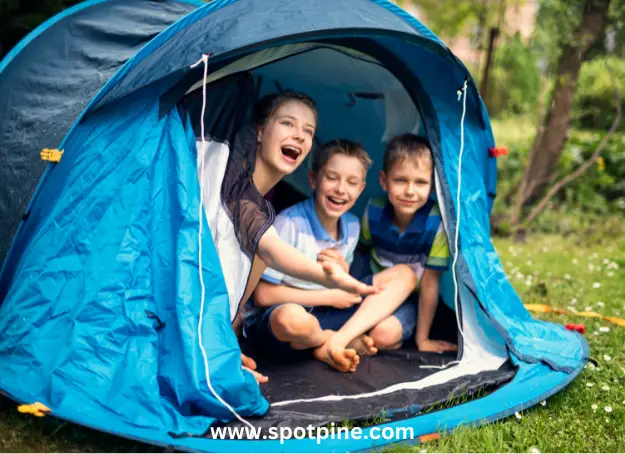
Seasonality And Weather Resistance
Seasonality and weather resistance are crucial factors to consider. Determine the climate conditions you’re likely to encounter and select a tent designed to withstand them. Look for features such as waterproof materials, sturdy construction, and ventilation for hot weather.
Set-up And Portability
Set-up and portability should not be overlooked. Choose a tent that is easy to set up, especially if you’re not an experienced camper. Additionally, consider the weight and size of the tent when packed, as well as its portability for hiking or backpacking trips.
Materials And Construction
When it comes to selecting the perfect shelter for your camping trip, understanding the materials and construction of a tent is vital. The right combination of fabric, poles, and stakes determines the tent’s durability, weather-resistance, and overall performance. Let’s delve into the specifics of tent fabrics, poles, and stakes to help you make an informed decision for your outdoor adventure.
Tent Fabrics
The type of fabric used in a tent greatly influences its performance and longevity. Common tent fabrics include polyester, nylon, and canvas. Polyester is lightweight and water-resistant, making it ideal for backpacking tents. Nylon is another popular choice known for its durability and tear resistance, often used in high-end tents designed for various weather conditions. On the other hand, canvas tents are renowned for their breathability and insulating properties, providing comfort in both hot and cold climates.
Poles And Stakes
High-quality poles and stakes are integral to a tent’s stability and structure. Aluminium and fibreglass are the most common materials used for tent poles. Aluminium poles are lightweight and robust, offering exceptional strength and durability. On the other hand, fibreglass poles are more budget-friendly and provide flexibility, ideal for casual camping. When it comes to stakes, ensure they are made from durable materials such as aluminium or steel to secure the tent firmly on various terrains, preventing any movement or lift caused by wind or other factors.
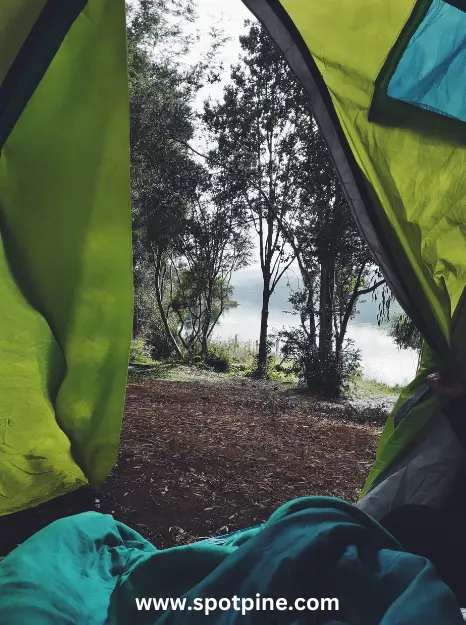
Ventilation And Insulation
When it comes to choosing the perfect tent for your camping trip, two important factors to consider are ventilation and insulation. These factors play a crucial role in ensuring your comfort and well-being during your outdoor adventures. Let’s explore the significance of airflow and condensation as well as thermal efficiency when selecting your ideal camping shelter.
Airflow And Condensation
Adequate airflow within your tent is essential for a comfortable camping experience. Without proper ventilation, the inside of your tent can become stuffy, humid, and uncomfortable. Furthermore, poor airflow can lead to condensation buildup, resulting in a damp sleeping environment.
To maximize airflow and minimize condensation, consider the following tips:
- Choose a tent with ventilation features such as mesh windows, roof vents, or adjustable vents.
- Position your tent in a way that takes advantage of natural breezes.
- Avoid cooking inside the tent to reduce moisture levels.
- Use a groundsheet beneath your tent to prevent moisture from seeping in from the ground.
Thermal Efficiency
Another crucial aspect to consider when selecting a tent is its thermal efficiency. A well-insulated tent can help keep you warm during chilly nights and protect you from excessive heat during hot summer days.
To ensure thermal efficiency, keep the following points in mind:
- Choose a tent made of materials that provide insulation, such as double-walled construction or specialized insulation fabrics.
- Opt for a tent with a rainfly or extra layers to trap heat during colder weather.
- Consider using a sleeping bag with an appropriate temperature rating for added warmth.
By prioritizing ventilation and insulation, you can create a comfortable and enjoyable camping experience regardless of the weather conditions. Now that you have a better understanding of the importance of airflow and condensation as well as thermal efficiency, you can make an informed decision when purchasing your camping tent.
Additional Considerations
When selecting the ideal tent for your camping adventure, there are additional factors to contemplate beyond the basic features like size and weather resistance.
Price Range
Compare prices to align with your budget. Assess what features are essential for the price you are willing to pay.
Brand Reputation
Evaluate brand reputation for quality assurance. Reputable brands often signify reliability and durability.
User Reviews
Peruse user reviews to glean insights from real experiences. Consider feedback on ease of setup and performance.
Tent Care And Maintenance
Proper tent care is essential to ensure your shelter lasts through many camping adventures. Taking care of your tent will extend its lifespan and keep you comfortable on your trips. Here are some important tips to help you maintain your tent:
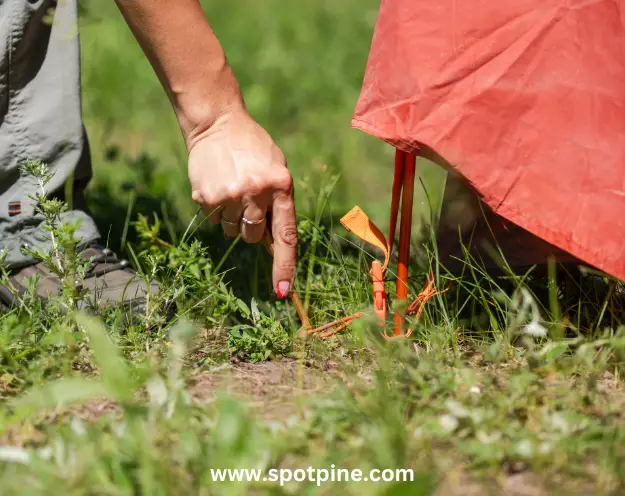
Cleaning And Drying
- Regularly wipe down the tent with a mild soap solution and a sponge.
- Avoid using harsh chemicals or detergents that can damage the tent fabric.
- After cleaning, ensure the tent is completely dry before storing to prevent mold.
- Dry the tent in a shaded area to prevent damage from UV rays.
Storage Tips
- Store the tent in a dry, cool place to prevent mold and mildew growth.
- Avoid storing the tent in a compressed state for long periods.
- Loosely pack the tent in its storage bag to maintain the fabric’s integrity.
- Inspect the tent for any damage before storing and repair if needed.
Frequently Asked Questions Of Tent Buying Guide
What Are The Key Features To Consider When Buying A Tent?
When buying a tent, consider its size, weight, seasonality, and setup. Ensure it has good weather protection, ventilation, and durability for a comfortable camping experience.
How Do I Choose The Right Size Tent For My Camping Trip?
Select a tent size based on the number of people and gear. For a couple, a 2-person tent, while larger groups may need 4- or 6-person tents.
What Are The Different Types Of Tents And Their Advantages?
Tents come in various types like dome, cabin, backpacking, and geodesic. Each type has its own advantages in terms of weight, interior space, and stability for different camping scenarios.
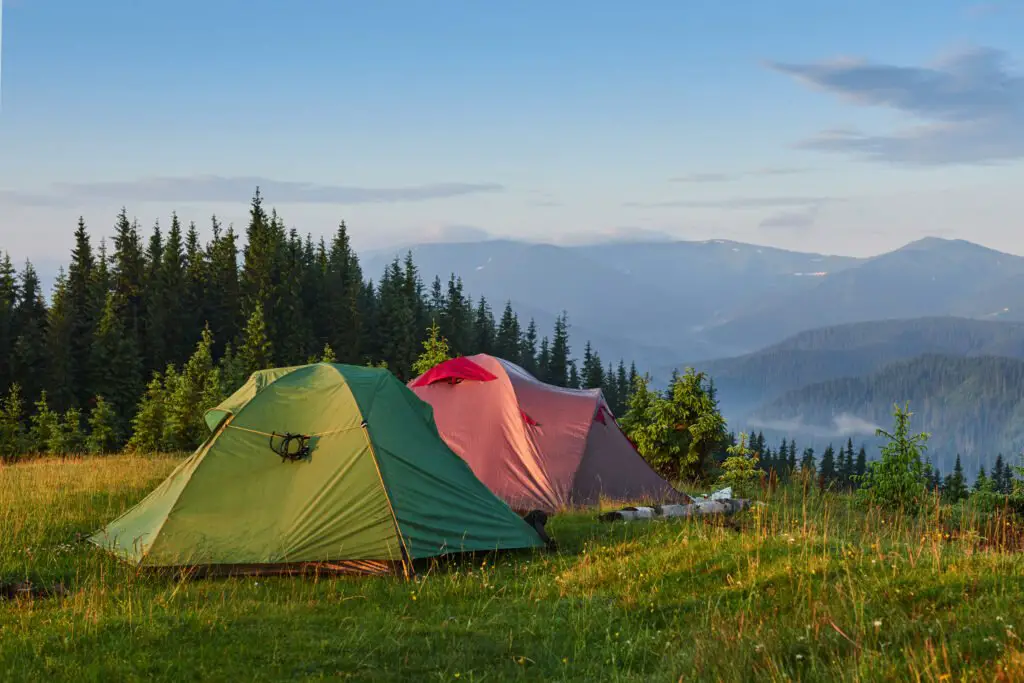
Conclusion
To sum up, selecting the ideal tent for your camping adventure is crucial for a comfortable and enjoyable experience. By considering factors such as size, material, weather resistance, setup, and budget, you can make an informed decision. Remember to prioritize your needs and preferences, and seek advice from experts when needed.
With the right tent, you can embark on exciting camping trips, create unforgettable memories, and connect with nature. Happy camping!

